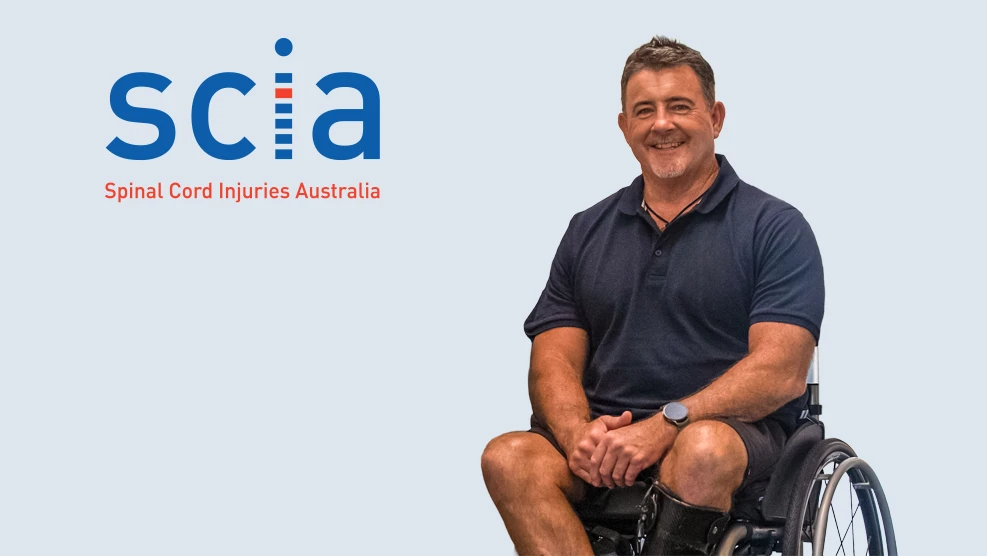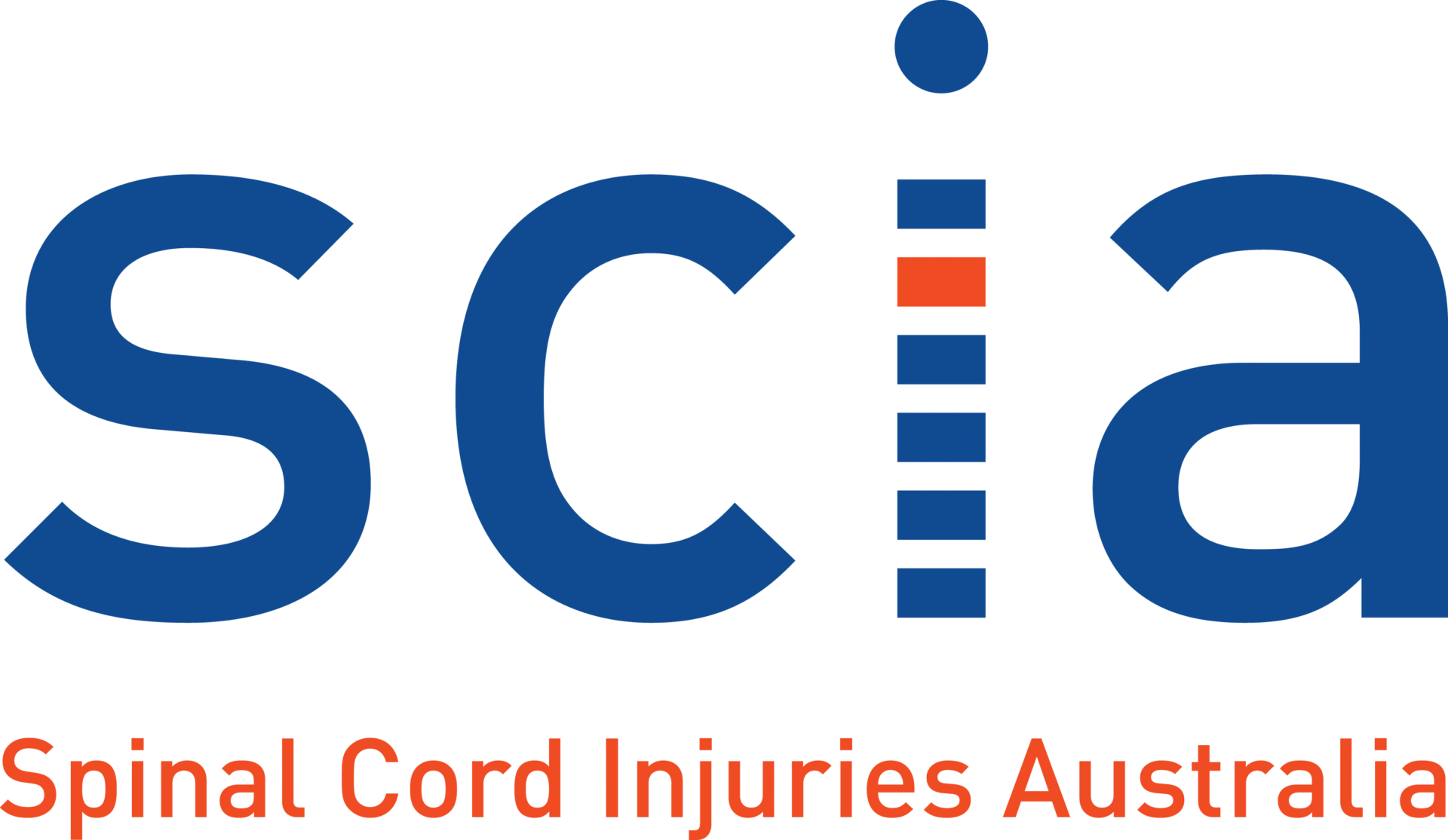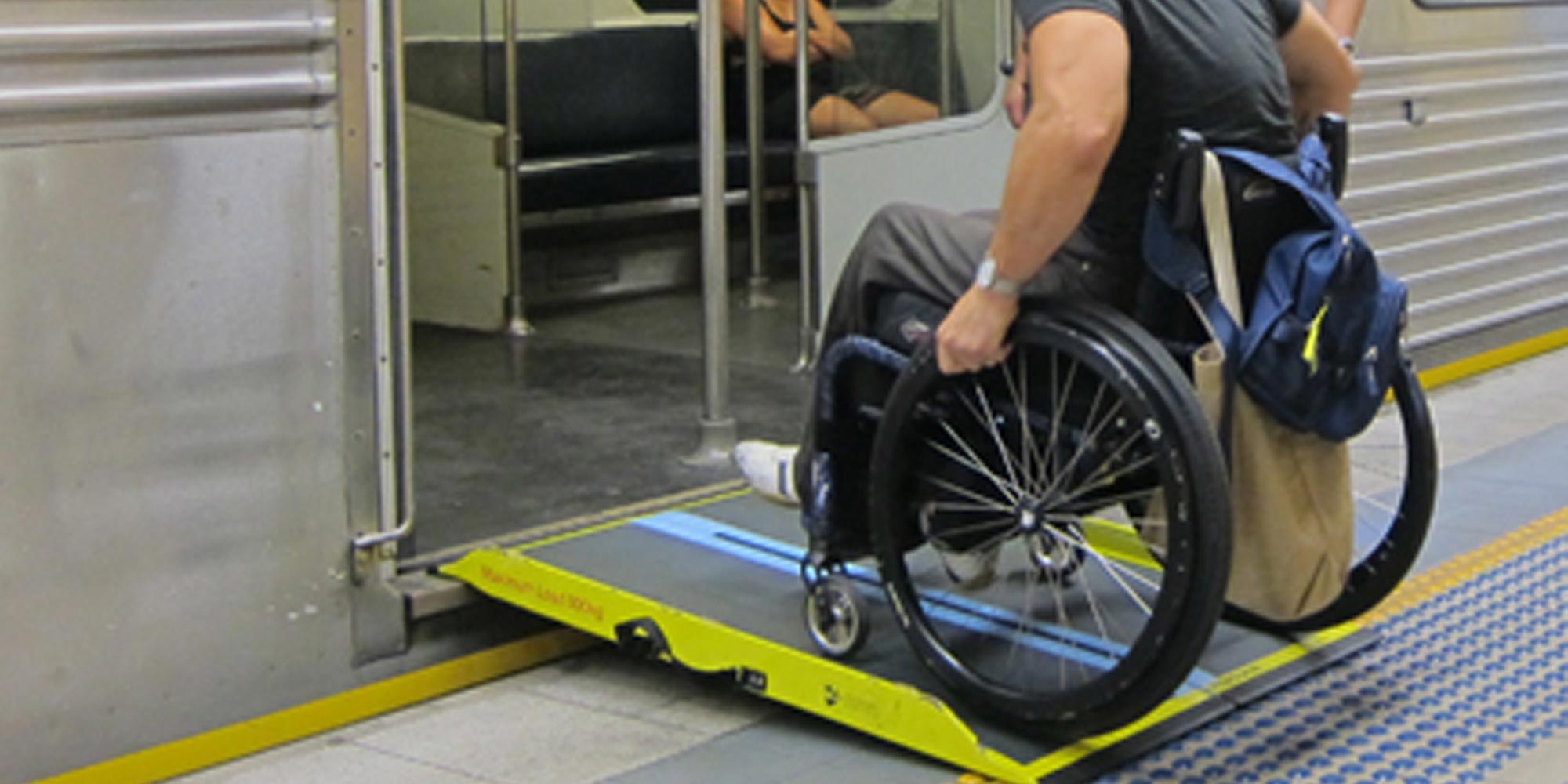Your central hub for information, support tools, and practical advice.
Discover our resources

Does regular standing improve bowel function in people with spinal cord injury?

Chronic Complications of Spinal Cord Injury

Peer Support Education Series: Pressure Injury Protection and Prevention

Peer Support Education Series: Bladder and Bowel Care with Coloplast

Employment, Disability and Changing a Culture of Discrimination




